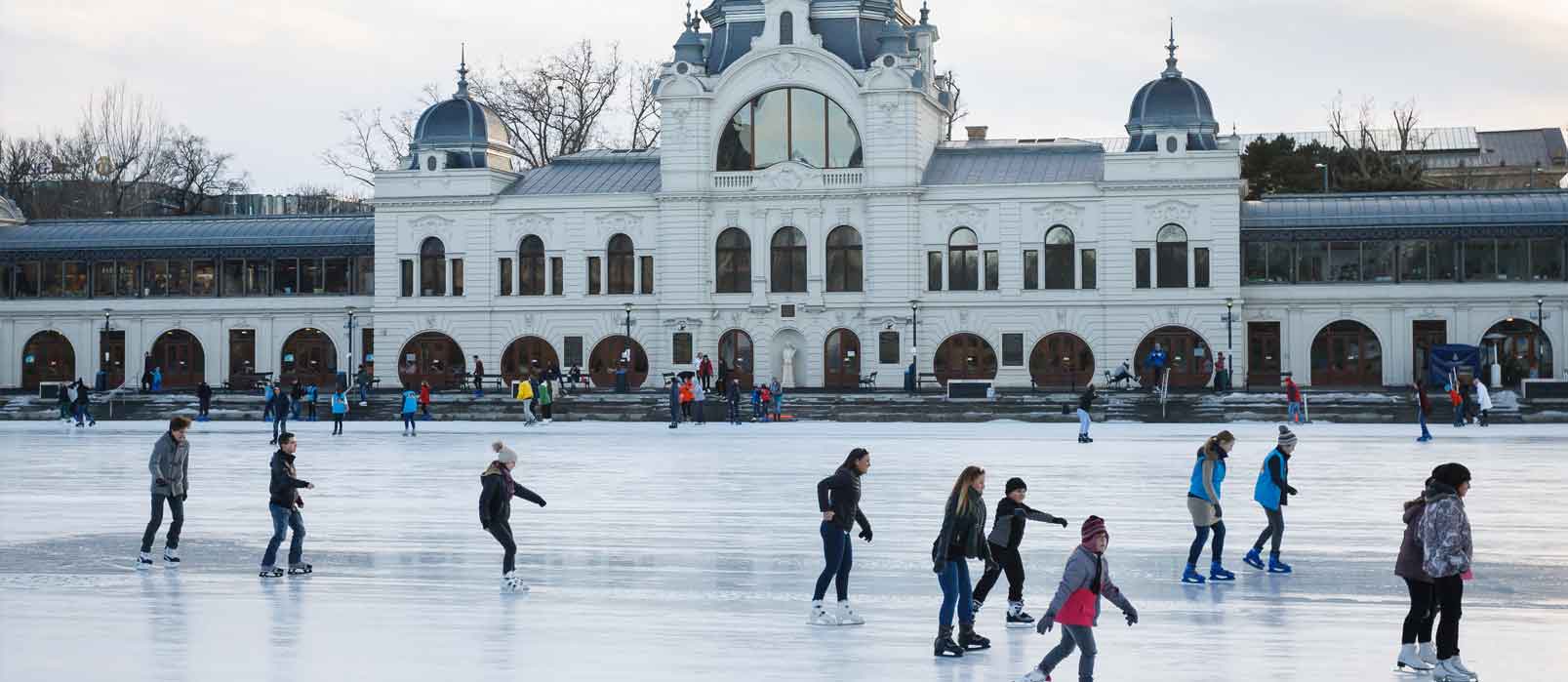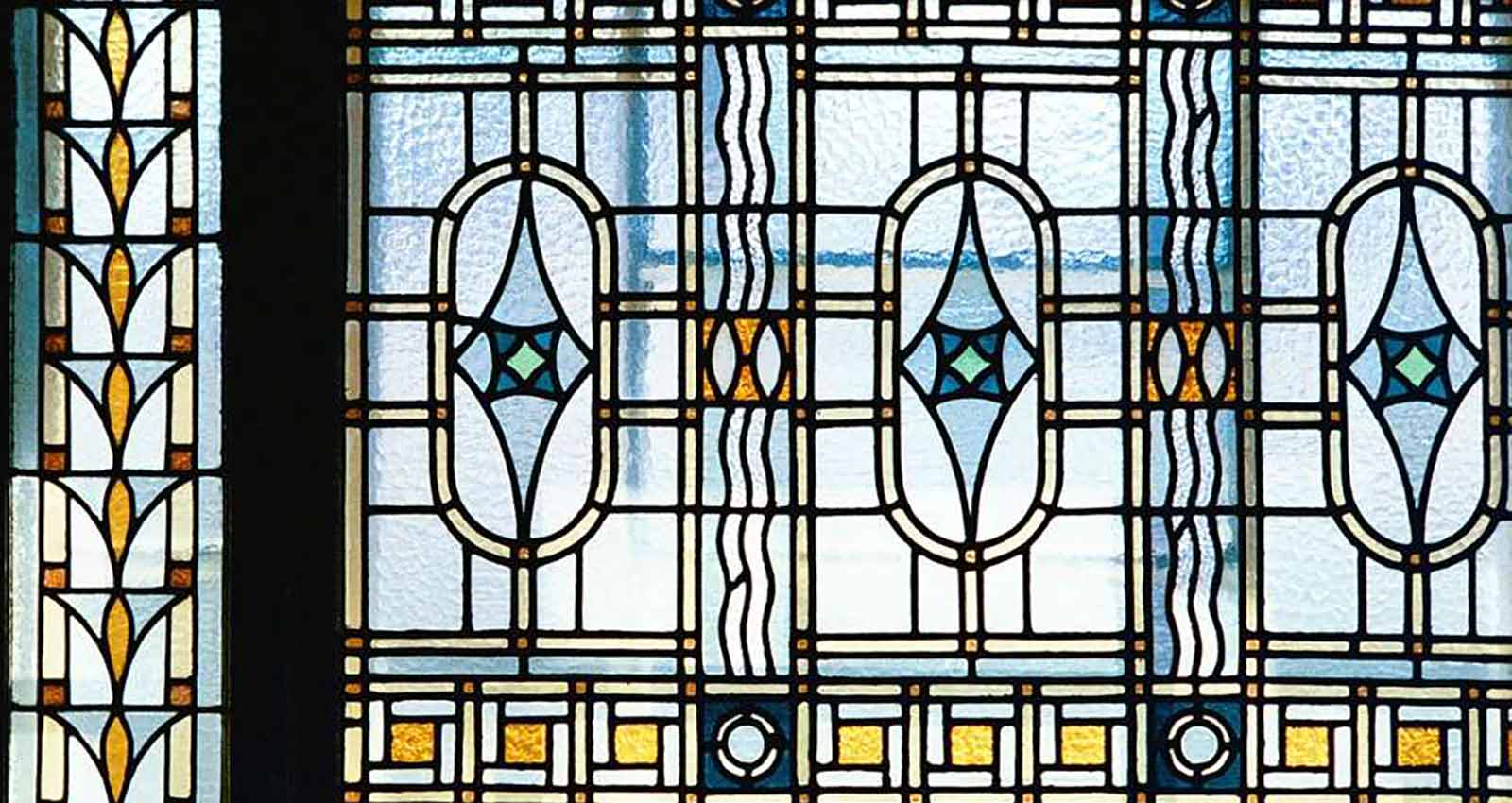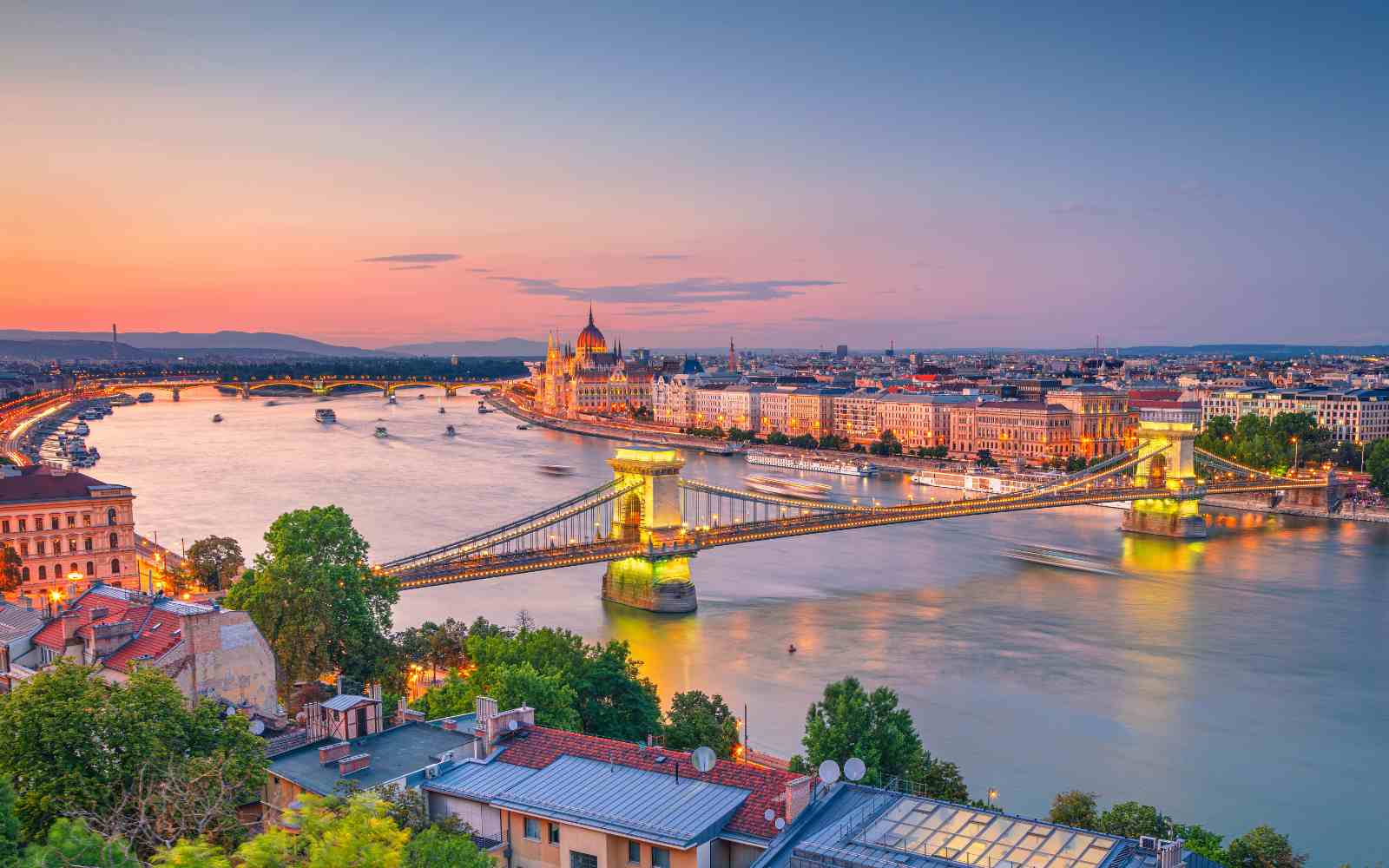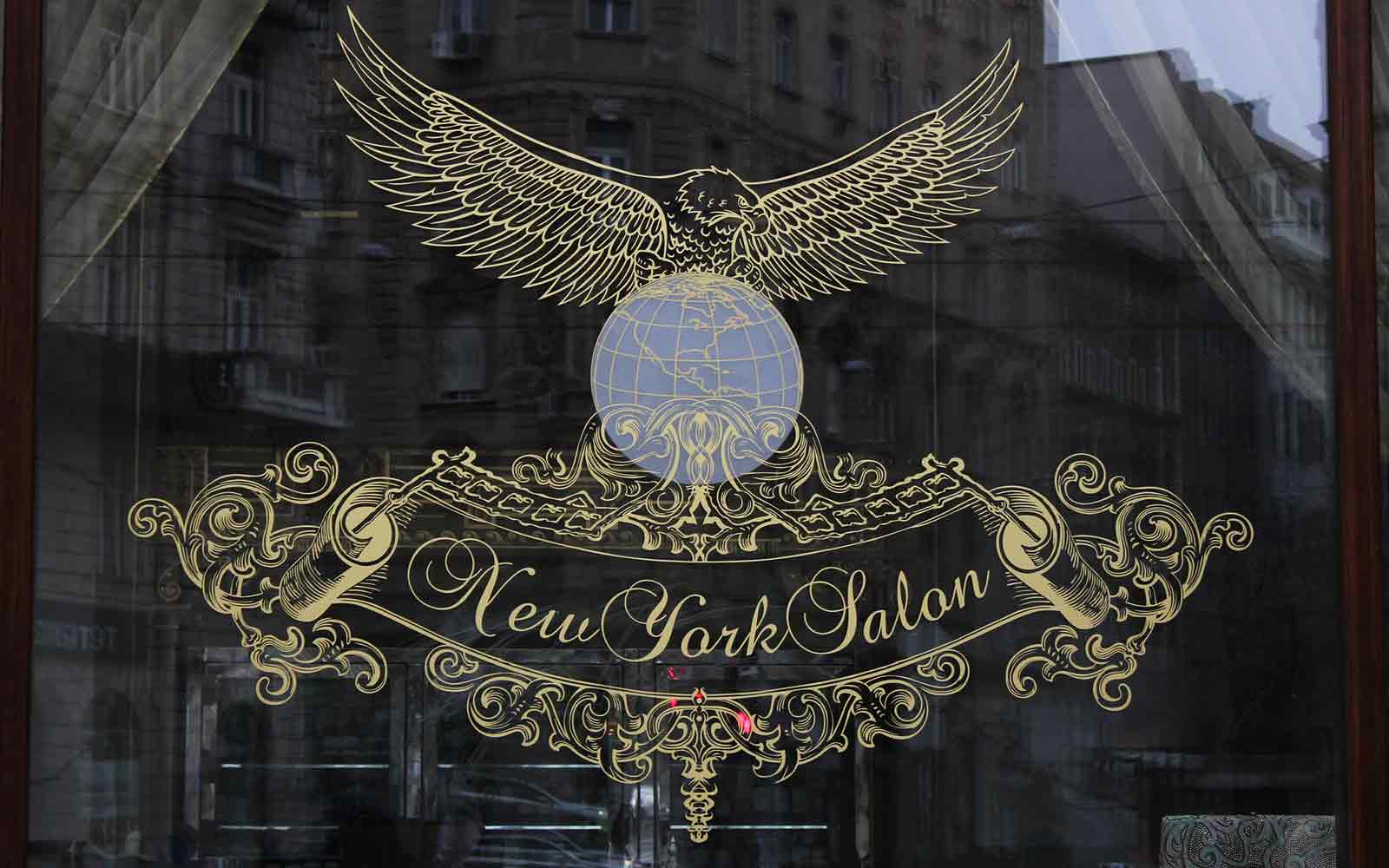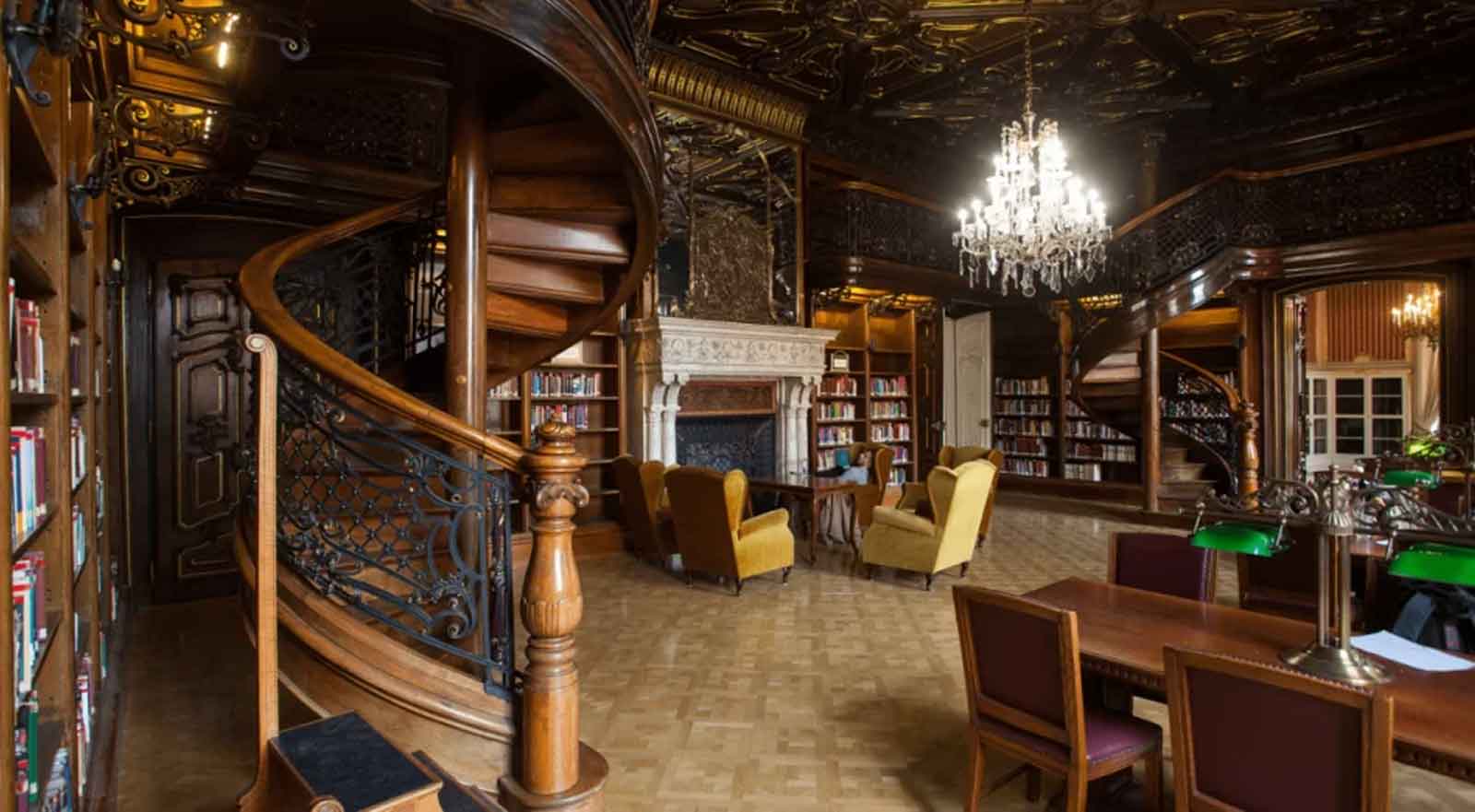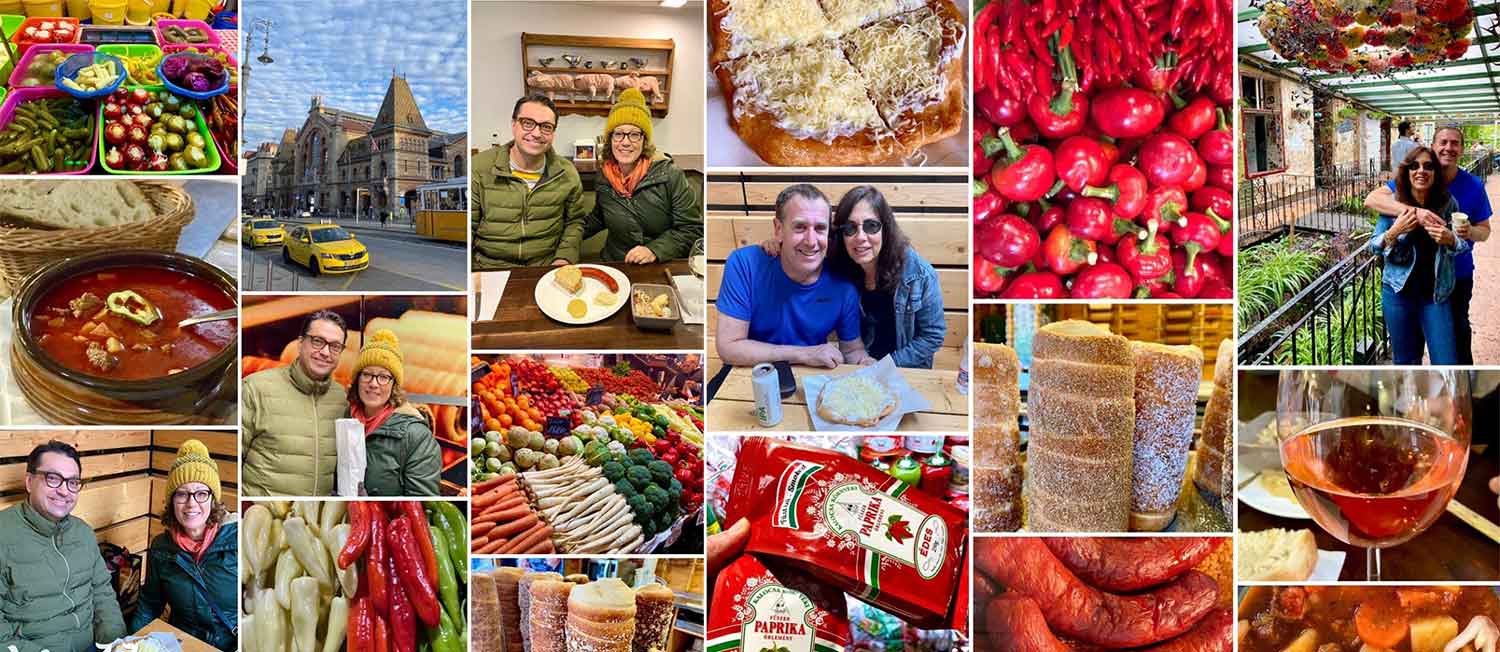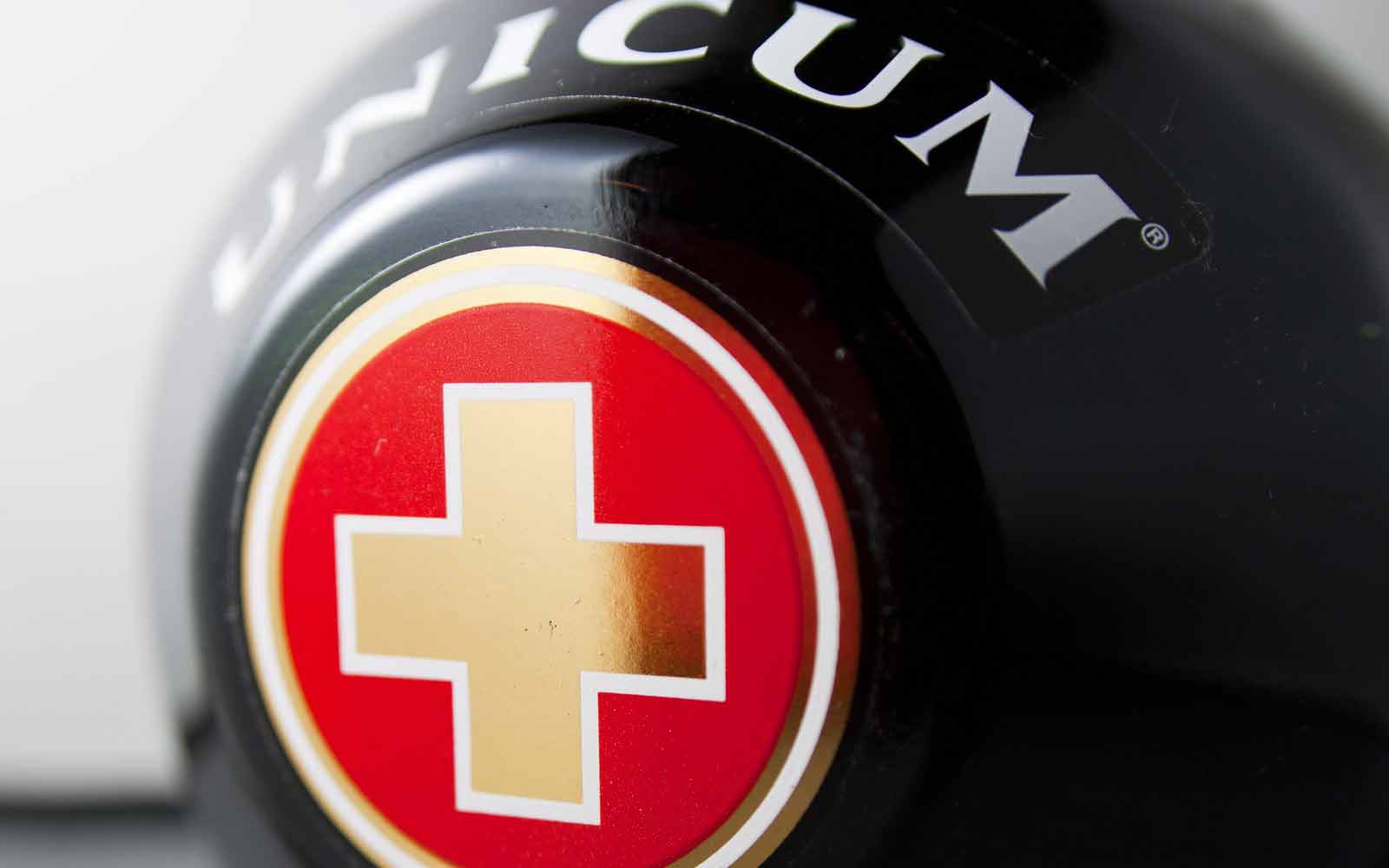Why visit Budapest?
My slightly biased opinion on the subject
You ask why you trust my opinion, since as a Hungarian I am certainly biased about the capital of my country. I have to say that I have been to many places in the world, I have seen amazing places.
I see Budapest’s special appeal in the many cultural influences that have affected the city throughout its long history.
On a short walk through the city, you can come across ancient Roman ruins and street art, Art Nouveau buildings, Europe’s largest synagogue and Turkish baths that are still in operation today. The mixing of different cultures came together into a wonderful whole that gives Budapest its unique charm.
I tried to summarize in 15 points why you must get to know Budapest, let’s see…
Stunning architecture:
The architecture in Budapest is a combination of various styles, including Gothic, Baroque, and Art Nouveau. These special architectural monuments like the iconic Hungarian Parliament Building, St. Stephen’s Basilica, and the Fisherman’s Bastion, The Opera House coexist with modern gems like the House of Music or the Museum of Ethnography.
Thermal baths
with medicinal water from thermal springs. Hungary is often referred to as the “Land of Baths” due to its abundance of thermal bathhouses. Budapest is home to over 1,000 natural hot springs, which have been used for medicinal purposes since Roman times. The thermal bath culture is deeply ingrained in Hungarian society and is a popular pastime for locals and tourists alike. Budapest is home to numerous thermal baths, including the famous Széchenyi and Gellért Baths, or the the turkish baths like Rudas and Király which are perfect for relaxing after a day of sightseeing.
Danube River:
The Danube river is a significant part of Budapest’s history and culture. This river has been a vital part of Budapest’s life for centuries, providing a source of drinking water, transportation, trade, and recreation and is also home to some of Budapest’s most iconic landmarks, including the Parliament Building, Buda Castle, Fisherman’s Bastion, the Margaret Island and the Chain Bridge. These landmarks provide stunning views of the river and have become symbols of Budapest’s beauty and importance. The Danube runs through Budapest, divide and brings together the parts of the city. I recommend you taking a boat tour or a romantic sunset cruise to enjoy the city from a completely different perspective.
History:
Hungarian history is unique for several reasons. First and foremost, Hungary has a distinct language and culture that is unlike any other in Europe. The Hungarian language is a Uralic language, which is completely different from the Indo-European languages spoken in most of Europe. This linguistic isolation has helped to create a strong sense of national identity and pride. Hungary has been invaded and occupied by many different empires throughout its history. The Roman Empire, the Ottoman Empire, the Habsburg Empire, and the Soviet Union have all controlled the country at various times. These occupations have left a lasting impact on culture and history.
Finally, Hungary has a long and rich history of artistic and intellectual achievement. Many famous musicians, writers, and scientists have come from Hungary, including Franz Liszt, Béla Bartók, Imre Kertész, and John von Neumann. This legacy of creativity and innovation continues to inspire and influence Hungarian culture today.
Buda Castle:
also known as the Royal Palace, is a historical castle complex located on Castle Hill and a UNESCO World Heritage Site. What makes it unique is its rich history, stunning architecture, and breathtaking views of the city. The castle was originally built in the 14th century and has undergone many transformations throughout the centuries. One of the most significant changes occurred in the 18th century when the castle was rebuilt in the Baroque style, giving it the grandiose appearance it is known for today.
In addition to its history and architecture, Buda Castle offers visitors a panoramic view of the city of Budapest. From its high vantage point, visitors can see the Danube River, the Parliament Building, and the city’s many bridges.
Great food:
Hungarian food is known for its rich flavors and unique combinations of ingredients. It has a long history dating back to the Middle Ages and has been influenced by various cultures and cuisines over time. Hungarian cuisine is characterized by its hearty dishes, spicy flavors, and use of paprika. On our Budapest Private Food Tour we introduce you this delicious cuisine, including goulash, lángos, Hungarian sausages and chimney cake. But if you’re not into tasting local food, the city has a diverse offering of other international, and vegan options readily available!
Wine:
Hungary has a long history of wine-making dating back to Roman times, and today it is known for its diverse range of high-quality wines. The country’s climate and geography provide ideal conditions for growing a variety of grapes, resulting in wines with distinctive flavors and aromas.
One of the most popular Hungarian wines is Tokaj. Tokaj was once considered the “wine of kings and the king of wines” and has been mentioned in literature and music for centuries. Another popular wine is Egri Bikavér, also known as “Bull’s Blood of Eger,” a full-bodied red wine with notes of dark fruit, spice, and chocolate. Budapest offers to its visitors numerous wine bars and tasting rooms. On our wine tasting tours you can immerse yourself in the world of Hungarian wines with expert help.
Nightlife:
Budapest is a city that has become synonymous with its vibrant nightlife. The Hungarian capital boasts a wide range of bars, pubs, clubs, and other entertainment venues that cater to all tastes and preferences. From underground techno clubs to rooftop bars with stunning city views, Budapest has it all.
One of the most popular areas for a night out in Budapest is the 7th district, also known as the “Jewish Quarter”. This area is home to the famous ruin bars, which are bars built in abandoned buildings and courtyards. These unique bars are filled with eclectic decor, live music, and a lively atmosphere that attracts both locals and tourists.
If you’re looking for a more upscale experience, there are plenty of high-end clubs and bars in Budapest that offer a luxurious night out. Many of these venues are located in the city center and offer stunning views of the Danube River and the city skyline.
Overall, Budapest’s nightlife scene is diverse and exciting, offering something for everyone. Whether you’re looking for a wild night out or a sophisticated evening, Budapest has it all.
Festivals:
Budapest is home to a variety of festivals that take place throughout the year. These festivals showcase the city’s culture, history, art, and culinary traditions, attracting both locals and visitors from all over the world.The list is including the Budapest Wine Festival, the Budapest International Documentary Festival, the Budapest Opera Ball the Budapest Jazz Festival and the famous summer music festival SZIGET.
Markets:
Budapest has numerous markets, including the Great Market Hall, where you can buy fresh produce, souvenirs, and traditional Hungarian crafts. On our Budapest Private Food Tour you meet you at the Central Market Hall and start the coulinary journey with a yummy treat. Take in the market’s lively atmosphere, splendid architecture, and rich aromas. Let the fresh products dazzle you, before grabbing a bite of a typical Hungarian sausage. Enjoy it like the locals do and add some pickled vegetables on the side.
Museums:
Budapest has numerous museums, including the Hungarian National Museum, the Museum of Fine Arts, and the House of Terror.
Music:
Budapest has a rich and vibrant musical culture that has been thriving for centuries. The city is home to numerous world-class concert halls, opera houses, and music festivals that attract music lovers from around the globe. Classical music is particularly popular in Budapest, with many of the world’s most renowned classical musicians having performed in the city’s concert halls and opera houses.
The Budapest Opera House, with its stunning architecture and world-class acoustics, this opera house has hosted countless performances by some of the greatest opera singers and conductors of all time. Additionally, the Franz Liszt Academy of Music is a renowned conservatory that has produced many of the world’s most celebrated classical musicians.
Beyond classical music, Budapest is also home to a thriving jazz scene, which can be enjoyed at venues like the Opus Jazz Club and Budapest Jazz Club. The city also hosts a number of music festivals throughout the year.
Budapest is a city that embraces music in all its forms, from classical to jazz to contemporary. Whether you’re a fan of opera or prefer more modern styles of music, there’s something for everyone in this vibrant and musical city.
Street art:
Budapest has a vibrant street art scene, with numerous murals and graffiti art throughout the city.
Shopping:
Budapest has numerous shopping options, from high-end luxury stores to vintage and secondhand shops.
People:
Last but not least, Budapest is home to friendly, welcoming people who are happy to share their city with visitors.



